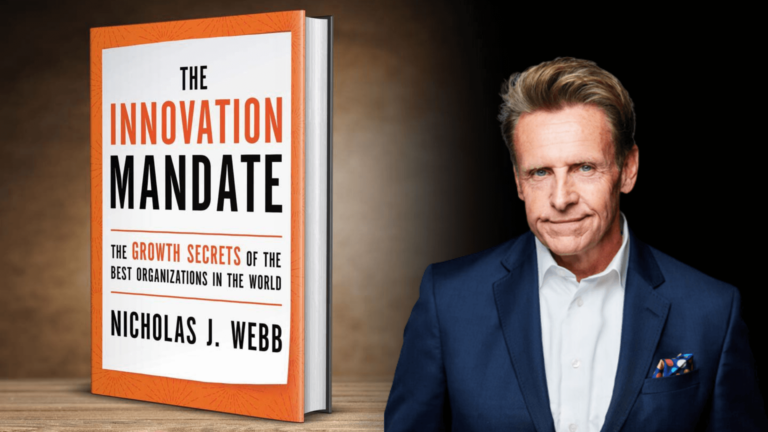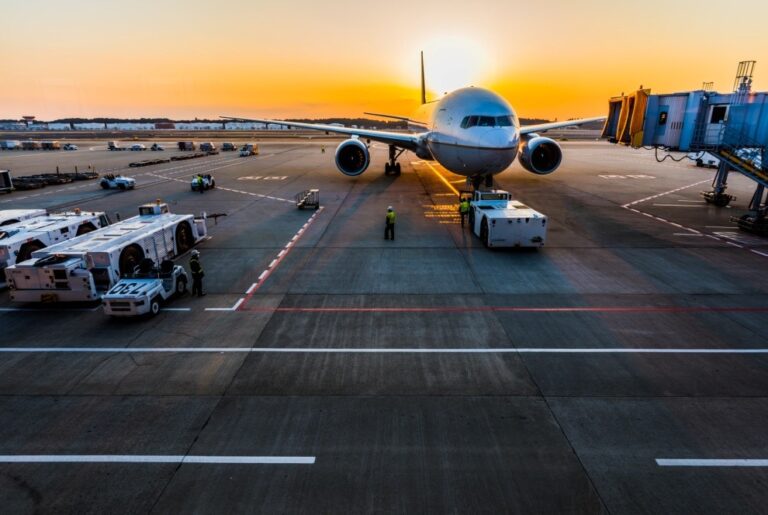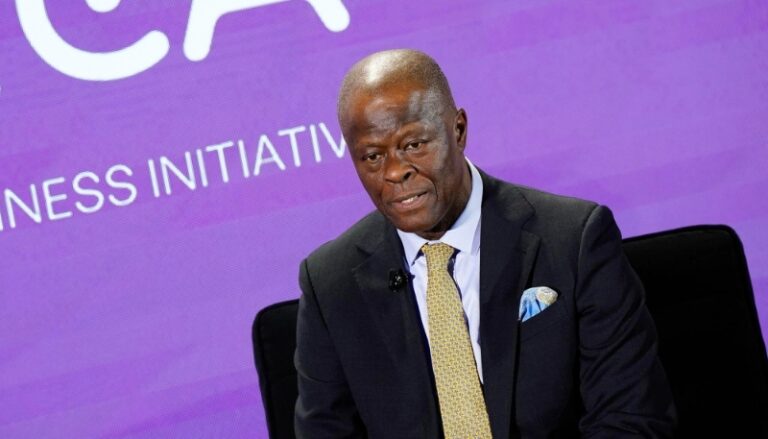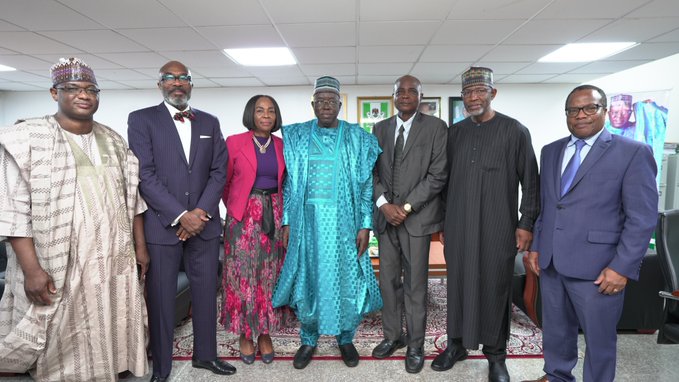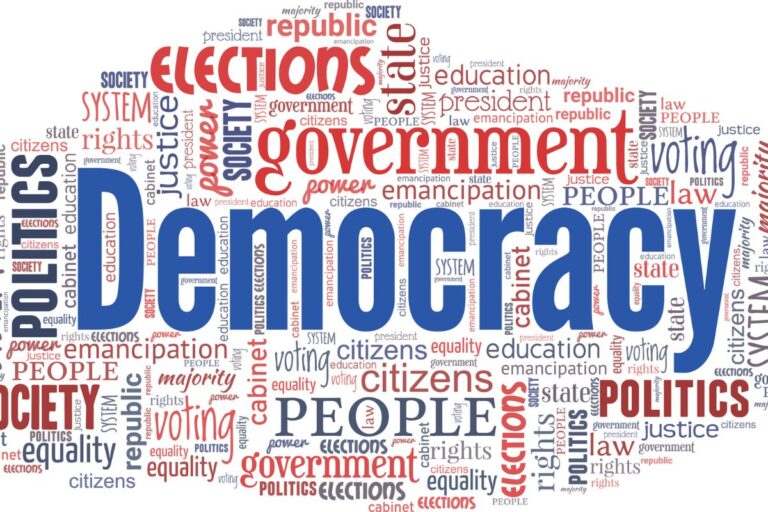In the last 15 years, security in Nigeria and West Africa started to receive considerable attention, following Boko Haram’s escalating atrocities in the North Eastern part of the country. At a point, this crisis threatened Nigeria’s indivisible existence since 1914. However, in the last decade, other dimensions have emerged in Nigeria’s worsening security situation, ranging from banditry in the North West, to terrorism, farmer herder clashes and banditry in the North Central and North East, while communal conflict, kidnaping and cult activities appear prevalent in South West and South South, and the South East faces violent secessionist struggle.
It is this context and background that RDF strategies, with support from the Ford Foundation brought together top media personnel, business leaders, top security actors, civil society, and social media owners for a high-level workshop on insecurity in Nigeria and West Africa. As Catherine (Chichi) Aniagolu – Okoye, the regional director for Ford Foundation in West Africa summarised, “Ford Foundation is focused on challenging inequality in West Africa with a particular focus on natural resources and gender based violence, but we have increasingly realised how the issue of insecurity intersects with almost every aspect of life, from trade, free movement of people, gender equality, natural resources and climate change, education, to living standards and so on. Indeed, our most basic human rights are deeply impacted, and therefore the Foundation is also interested in intersectional solutions that help to improve collaboration between key actors in the ecosystem”.
Not surprising, the conversations showed that the impact of insecurity is extensive. Often, there is the human angle of deaths, displacements and dislocations, abductions, and wealth losses; the business angle because of costs escalation associated with doing business, either in the locality, region, or industry affected; and the investment angle as the rising perception of insecurity only means declining investment attractiveness in the country.
Coincidentally in the last decade also, insecurity stories, just like all other stories, are no longer the exclusive production of traditional media as it was in the past. Today, citizens journalism has led where traditional media used to lead. Social media now plays a huge role in the dissemination of insecurity stories, but often, sensational, without context, and no reference to data. Consequently, it creates panic and gaps between reality and perception.
“The role of the media and the methodology has to be more thoughtful and considered”, says NkiruBalonwu, the convener of the parley, stressing, “therefore this high-level meeting is important. With increased security we unlock potential for greater socio-economic growth, along with greater opportunities for domestic and international business. Torealize this, collective action is necessary, and the media is one of the preeminent tools for inspiringbuy-in and driving action. The media plays a critical role in connecting all stakeholders, amplifying theright messaging for peacebuilding, and countering violent extremism, and providing needed platformsfor dialogue and improved understanding”.
A first of its kind, RDF is already planning a series of these meetings. Ahead of the meetings, trying to build an effective coordination of the dissemination of stories and reporting of insecurity issues, it was clear that the greatest danger is distrust. It became obvious that the matter of distrust must be effectively dealt with if security personnel are going to trust the media and vice versa. While everyone called for deeper collaboration between security agencies and the media, improvement in the knowledge and capacity of the media, constant communication between the media and security agencies, it was equally understood that the bigger opportunity was in tackling the underlying root causes of insecurity including poverty, food insecurity, unemployment and youth disenfranchisement amongst others, and the gap in political leadership that must be filled as well.






